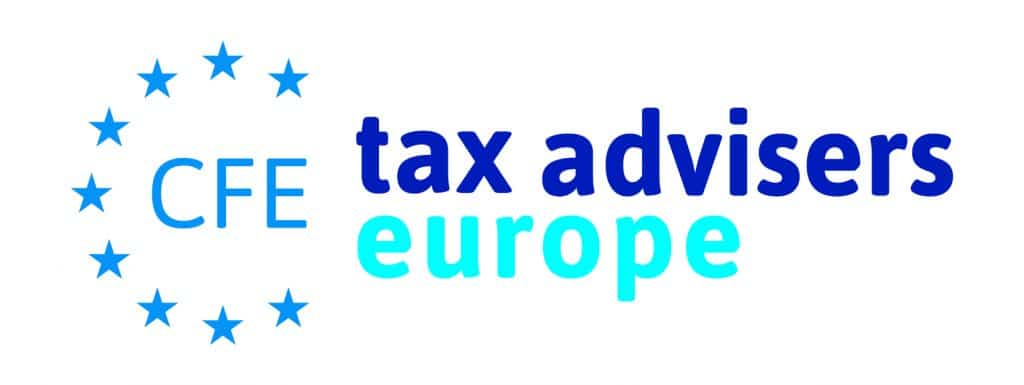CFE Opinion Statement on alleged State aid in relation to a deduction/non-inclusion structure in Luxembourg (Engie)
Case ECJ-TF 1/2024 on the Engie State Aid Cases – C-451/21P & C-454/21P
This Opinion Statement focuses on questions of law and the relevance for the development of the European Union State Aid law doctrine applicable to tax measures. The factual and corporate law aspects are analysed to the extent relevant for the State aid analysis.
CFE Tax Advisers Europe welcomes the clarification and further guidance on the applicability of Article 107(1) TFEU to national (individual) tax measures provided by the Grand Chamber of the CJEU in this judgment. It is equally relevant from a perspective of competence (overlap of national corporate tax law and primary EU law, i.e. rules on State aid), and from the perspective of compliance of Member States’ fiscal autonomy with the applicable rules on State aid.
Following Fiat, the CJEU confirmed that the Commission is in principle obliged to follow the Member state’s interpretation of national law, unless the Commission is able to prove, after an exchange of arguments with the Member State concerned, that another interpretation of national law prevails in the case-law or administrative practice of that Member State. The Court’s decision contributes to the dynamic balance of powers in the European Union’s legal order.
Following the Fiat and Engie judgments, the review of national tax measures remains possible but under strict conditions. The CJEU did not endorse a mere “plausibility check”. However, the Court pointed the Commission to another direction for challenging individual tax ruling such as those in the Engie case, where the basis of taxation consists of pre-agreed margin (mark-up), approved by the tax administration, and not under the rules of ordinary tax law. Therefore, the Luxembourg tax rulings practice may be under further investigation after this decision, albeit on a different basis.




